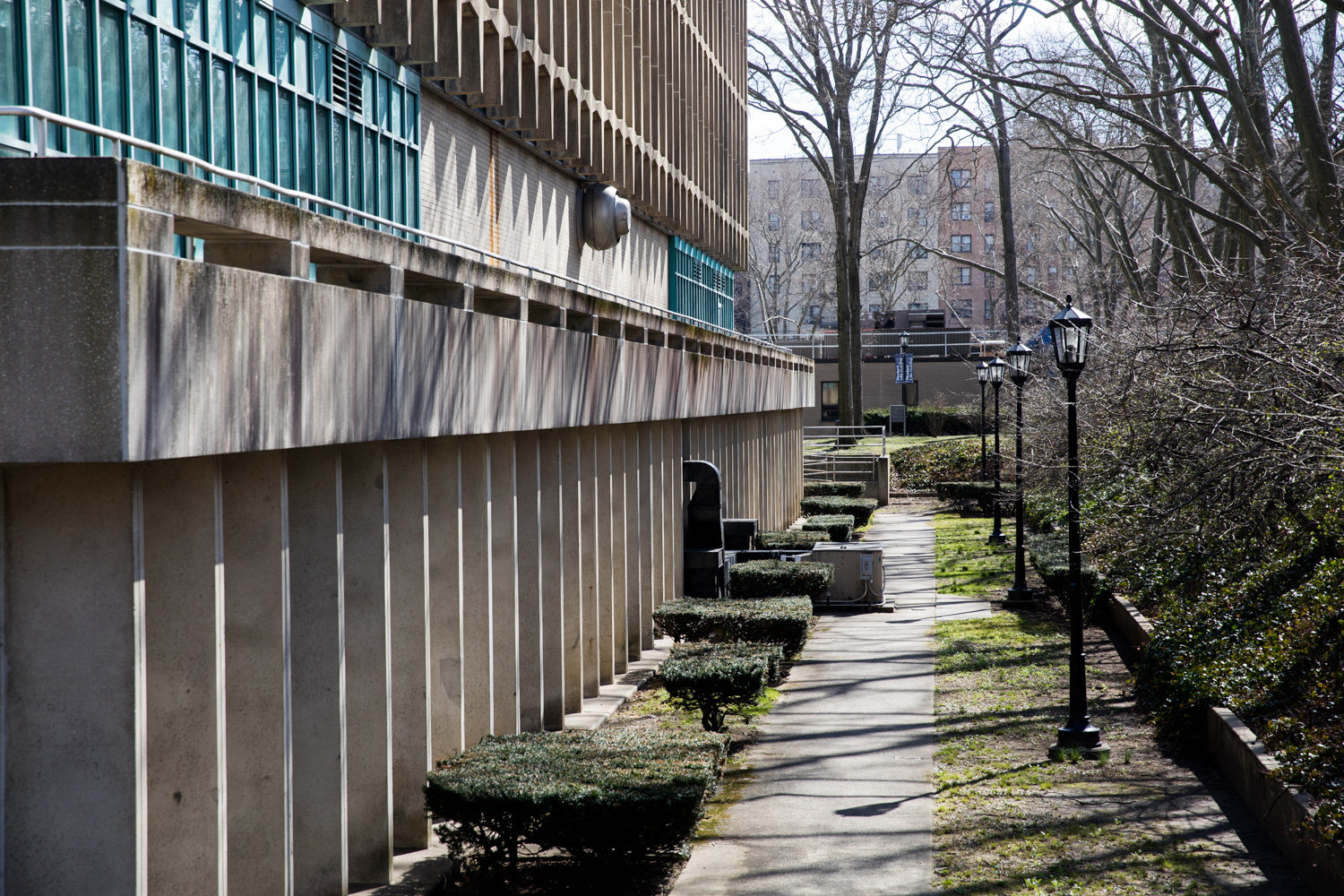Lehman study: Coronavirus can spread through ventilation systems
Keeping six feet away has become the accepted norm for social distancing. But two physicists at Lehman College say the virus that causes COVID-19 can be spread in other ways too — like a building's ventilation system.
The study was co-written by Luis Anchordoqui and Eugene Chudnovsky, and published late last month on arXiv, an open-source publication sponsored by Cornell University. Unlike many other major medical journals, however, arXiv does not require peer review — which allows other scientific experts in specific fields to conduct their own tests seeing if they come to similar conclusions.
A release issued by Lehman did not indicate if the study conducted by Anchordoqui and Chudnovsky was peer-reviewed, and a request for details of the study was pending late Sunday.
The physicists claim that while larger droplets from sick people — generally produced with coughing or sneezing — would fall to the ground within six feet of the person producing them, smaller droplets can remained suspended in the air, and maybe even travel as far as 20 and even 40 feet because of moving air flow.
Because of that, the two said they "cannot find a good justification for a stationary six-feet separation in a situation when people spend long times together in a room," according to the study.
Some closed spaces with air-forced heating and air-conditioning — like meeting rooms, offices spaces, department stores and supermarkets — can continue circulating infected droplet particles until they finally evaporate, the two physicists said. Even then, it could still infect people in aerosol form.
"It depends on the location of air-conditioners, radiators, windows, and all items in the room, as well as on people producing vortices (masses of swirling air) by moving around," the two wrote. "The existing vortices in the air can make a location far away from the source of droplets more dangerous than the location six feet away."
Such data, if confirmed, could be effective in helping determine whether there should be mandatory use of protective masks. New York followed New Jersey's lead this past weekend in requiring those who interact with the public for work to be supplied with masks by their employer at no charge. The state and city already had encouraged people to wear masks if they are out in public in any way, even if they are not sick.
"Obviously, such a recommendation would have to come from public officials and epidemiology experts," Anchordoqui said, in a release. "But if I had to go out to shop in public, I would wear a mask. I would recommend that to all my family. Doing that, I feel more secure."
Follow all the local coverage of the coronavirus pandemic and how it relates to your neighborhood at RiverdalePress.com/coronavirus. Sign up for our newsletter to get daily updates on coverage and closing by sending your email address to newsroom@riverdalepress.com. And finally, keep up with all the latest closures, postponements and what you can still take part in with our continuously updated list by clicking here.






